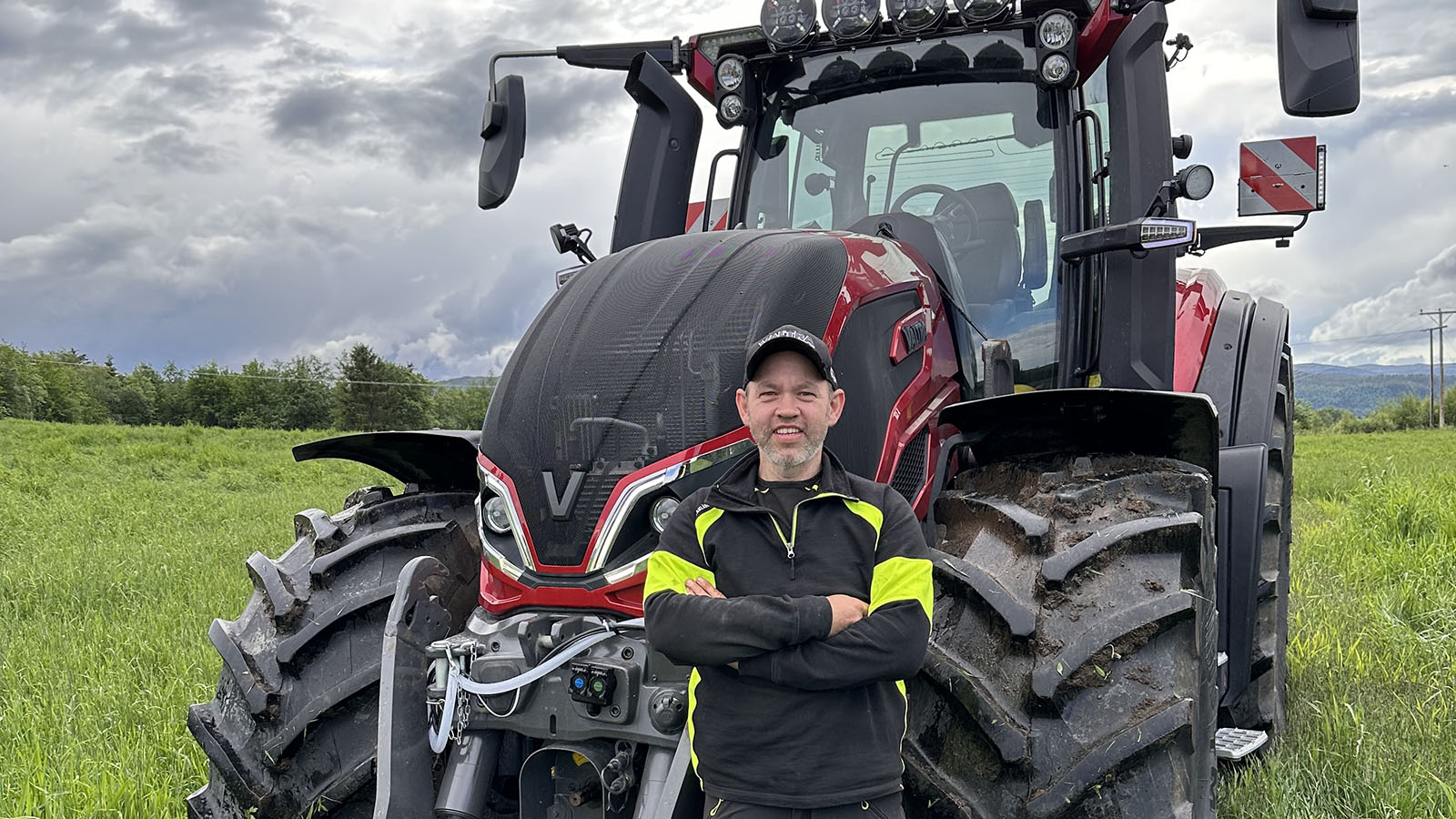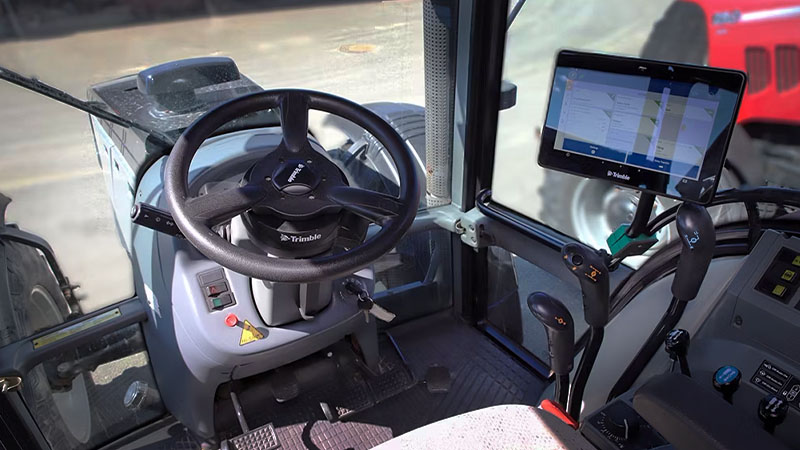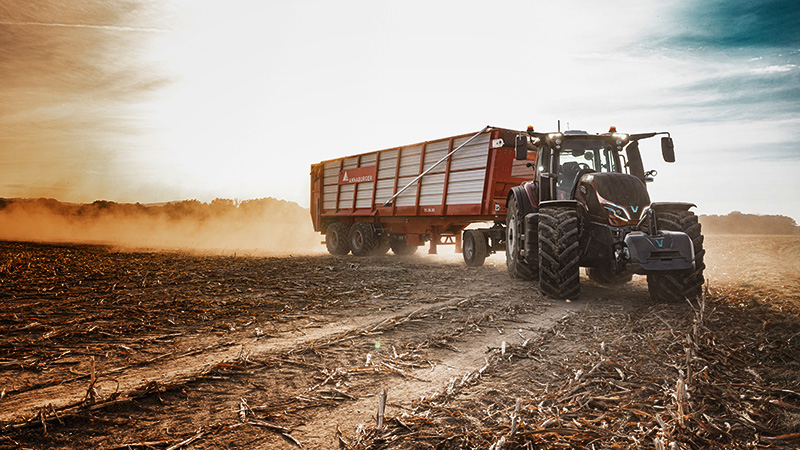In today's rapidly evolving agricultural landscape, investing in smart farming technology is not just a trend—it's a necessity. The adoption of advanced technologies offers a clear path to enhanced efficiency, sustainability, and profitability. This blog explores why investing in the best smart farming technology is a wise decision and how it can pay for itself through significant cost savings and improved returns on investment.
In this blog:
- The technology that pays for itself in as little as 2 seasons
- How to save as much as 80% on chemical inputs
- How a farm growing 750 Ha of wheat could save 11 250 kg of fertiliser per year
- How one Norwegian farmer saved €3500 within a year
- How one Finnish farmer extended the life of their 22-year-old tractor
The Case for Smart Farming
Smart farming, also known as precision agriculture, leverages advanced technologies such as GPS, variable rate application technology, ISOBUS, telemetry, and data analytics to optimise agricultural practices. These technologies enable farmers to make data-driven decisions to save time, reduce waste, and increase yields. According to a report by Markets and Markets, the global smart agriculture market is expected to grow to $25.8 billion by 2028, reflecting the increasing adoption of these technologies.
Cost Savings and Efficiency
One of the most compelling reasons to invest in smart farming technology is the potential for cost savings. By using precision tools, farmers can apply inputs such as water, fertilizers, and pesticides more accurately, reducing waste and lowering costs. For example, Valtra's Variable Rate Control allows farmers to adjust the application rate of inputs automatically based on pre-planned prescription maps, ensuring that each part of the field receives the optimal amount. This leads to better crop management and higher yields. Smart farming contractor Christel Thijssen uses advanced crop monitoring technologies to plan his prescription maps. He estimates that through using Valtra’s Variable Rate Control and other technologies he has been able to reduce chemical inputs by as much as 80%.
The use of GPS-based automatic steering systems, like Valtra Guide, can minimise overlaps and skips during field operations, further reducing fuel and labour costs. Research by the European Parliamentary Research Service Scientific Foresight Unit shows that automatic headland steering can offer between 2% and 10% fuel savings. Together with Valtra Guide and Auto U-Pilot, Valtra SmartTurn fully automates field driving, with an option of four turning patterns to relieve driver stress and reduce compaction and smearing on the headland.
Cost savings and efficiencies are often cumulative. By using more than one smart farming technology at a time, farmers can save even more, as outlined in this example: a farmer spreads fertiliser on their wheat field using a spreader with a 24 m working width. They apply fertilizer at 150 kg/ha. Valtra Guide reduces average overlaps from 5% to 0%. Using Section Control with Multiboom, the farmer saves a further 5% by eliminating overlaps at the headland. For a farm growing 750 Ha of wheat, this would save up to 11 250 kg of fertiliser per year.
Increased Yields and Profitability and the Real Return on Investment (ROI)
The initial investment in smart farming technology can seem substantial, but the long-term benefits far outweigh the costs. Research by Smart AG concluded that through improving fertiliser application consistency using Valtra Unlimited’s Smart Top Link, the negative impacts of improper fertiliser application were reduced by the equivalent of €15 per hectare. Therefore, the initial capital investment in this technology could be returned in just 2 seasons in the case of the Danish farm they studied.
Valtra customers are noticing how quickly returns can be made. Norwegian farmer Stig Bjørnar Ahlin invested in a Valtra Q305 with Valtra Guide and an Amazone ZA-V 2000 fertilizer spreader with Valtra Section Control. After just two applications, he had already saved 7,800 kg of fertiliser compared to the previous year. That is a saving of 3.580 Euros in one year!
In some cases, it is also possible to retrofit new technology to older tractors to improve the effective service life of the tractor. For example, Finnish grain farmer Patrick Ståhls invested in retrofitting automated steering and ISOBUS to his 22-year-old Valtra 8400 tractor at a cost of around €8000. Ståhls commented, “If you calculate that the technology avoids reversing on headlands plus 50 centimetres of overlap on each wayline, then you can see how quickly it pays for itself in fuel and fertilisers. They also make my work much easier.”
Valtra's smart farming solutions, such as Valtra Connect, provide continuous monitoring of tractor activity and GPS movements, enabling farmers to manage their fleets more efficiently and anticipate maintenance needs. This not only reduces downtime but also extends the lifespan of equipment, further enhancing ROI.
Investing in smart farming technology is a strategic move that pays for itself
Investing in smart farming technology is a strategic move that pays for itself through cost savings, increased yields, and improved profitability. As the agricultural industry continues to evolve, embracing these advanced technologies will be crucial for staying competitive and sustainable. Valtra's suite of smart farming solutions offers farmers the tools they need to thrive in this new era of agriculture.
For more insights on smart farming and its benefits, check out our other blog posts on agronomy and soil health here.
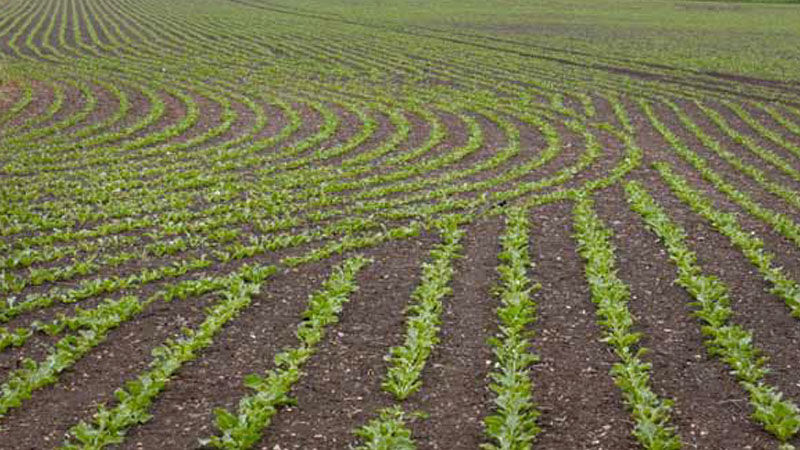
Valtra Technology
To learn more about Valtra’s range of smart farming technologies, visit our updated technology pages.
